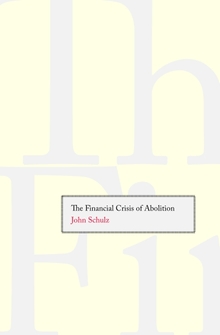The Financial Crisis of Abolition
WARNING
You are viewing an older version of the Yalebooks website. Please visit out new website with more updated information and a better user experience: https://www.yalebooks.com
John Schulz
From 1850 to 1914, Brazil enjoyed a long period of political and financial stability that was interrupted just once. During this rupture, 1889-1894, the country suffered two successful coups-d’etat, military government, civil war, and a disastrous decline in the value of the national currency. The five years of disorder and crisis came in the wake of the nation’s abolition of slavery and related financial repercussions.
This book examines Brazil’s crisis years, for the first time setting post-slavery financial decisions within their international and local historical contexts. Arguing against the “European dependency” interpretation of Brazil’s history, John Schulz explains how planters’ demands for easy credit after abolition were met with shortsighted economic policies. The failure of the expansionary monetary policy of the 1890s not only illuminates Brazil’s history, it also suggests lessons relevant to financial and political decisions being made today.
John Schulz is dean, Brazilian Business School, São Paulo. He has lived in Brazil for more than thirty years and was a banker before joining BBS in 1999. He is editor of the journal História e Economia.
"A clear and very well-written narrative of Brazilian financial history during an important period."—Zephyr Frank, Stanford University
“Through a careful and penetrating analysis of
Publication Date: July 8, 2008








